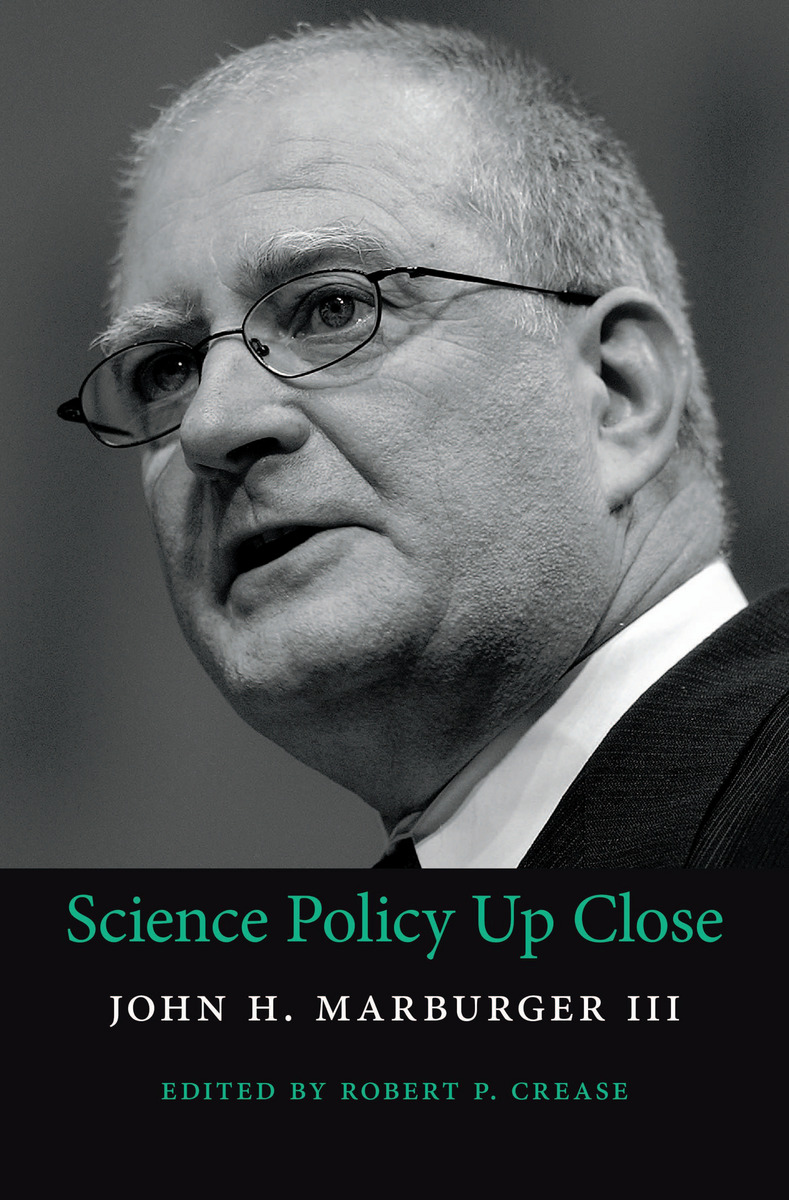A New Global Environment for Space Policy
The cover story of the Summer 2016 Issues in Science and Technology is the changing landscape of space policy. Bhavya Lal, a researcher at Washington, DC’s Science and Technology Policy Institute, explores how more countries and private companies are increasingly active in space. The United States government must reshape its space agencies and policies if it wants to keep up. According to Lal, cooperation and synergistic partnerships among commercial and governmental entities will be key to this effort.
From the Hill
From the Hill – Summer 2016
Congress advances spending bills for NSF, NASA, Energy, and USDA In mid-May, the House Appropriations Committee approved FY 2017 spending bills covering the Department of Energy (DOE) and the Department of Agriculture,… Read More

Gallery
Detroit Industry Murals
The Detroit Industry murals by prominent Mexican artist Diego Rivera pay tribute to Detroit’s manufacturing base and labor force. In the first half of the twentieth century, Detroit was the center of… Read More
Perspectives
The Potential of More Efficient Buildings
The recent global agreement on climate change places much needed emphasis on the key role that innovation in energy technologies can play in finding practical solutions. But the priorities identified by the… Read MoreScience, Celebrities, and Public Engagement
In April 2015, two prominent public scientists demonstrated, in radically different ways, the rising power of celebrity in science. That month, the talk show host and surgeon Mehmet Oz stood at the… Read More

Gallery
Cassini Mission to Saturn
The Cassini mission to Saturn is a joint endeavor of the US National Aeronautics and Space Administration, the European Space Agency, and the Agenzia Spaziale Italiana. Cassini is a sophisticated robotic spacecraft… Read More
Features
Seventeen Months on the Chemical Safety Board
On August 6, 2012, a pipe in the Chevron refinery in Richmond, CA, ruptured and leaked flammable fluid. The fluid partially vaporized into a cloud that engulfed 19 employees and then ignited.… Read MoreYou’re a Mile Away and You Have Their Shoes
They wouldn’t tell me my name when I woke up, because they said that would corrupt the experiment. Instead, they told me my neutral reference: Miss Scarlet. Then they sat me down… Read MorePutting a Price on Ecosystem Services
Read MoreA flawed effort to quantify an economic rationale for conservation could backfire and undermine other compelling arguments for protecting nature.
Science and Democracy
Most scientists, I suspect, view the rise of Donald Trump as primarily the work of two competing factions: the financial and political elite, whose failures have fuelled public dissatisfaction, and the sometimes-unruly… Read MoreCivil Society’s Role in a Public Health Crisis
When the next major pandemic strikes, it will be accompanied by something never before seen in human history: an explosion of billions of texts, tweets, e-mails, blogs, photos, and videos rocketing across… Read MoreDonald Trump’s Voters and the Decline of American Manufacturing
Who are Donald Trump’s voters? What do they want? Observers call them angry, but anger has root causes and grievances. A December 2015 Washington Post-ABC News poll tells what we already… Read MoreReshaping Space Policies to Meet Global Trends
The space sector is undergoing a major transformation. Fifty years ago, the United States and the Soviet Union conducted the only significant national space programs, and only a small number of commercial… Read More
Book Reviews

Surviving the Techstorm
In A Dangerous Master, Wendell Wallach, a scholar at Yale University’s Interdisciplinary Center for Bioethics, tells the story of modern society’s struggle to cope with technology’s complexity and uncertainty. In the… Read More
Nobody Knows Anything
In a memoir, the screenwriter William Goldman reflected on his moviemaking career, wondering why some films caught the public imagination and soared, while others flopped. His depressing conclusion was that “nobody knows… Read More
The Human Factor
Science Policy Up Close traces the high points of John Marburger’s career from president of Stony Brook University to director of Brookhaven National Laboratory, and later, science advisor to President George W.… Read More
Gamers Abroad
Defining video games involves a bit of fuzzy science these days. Arcades of the 1980s or home consoles such as the Nintendo Wii and Sony PlayStation may immediately spring to mind, but… Read More
